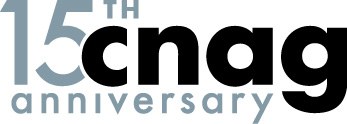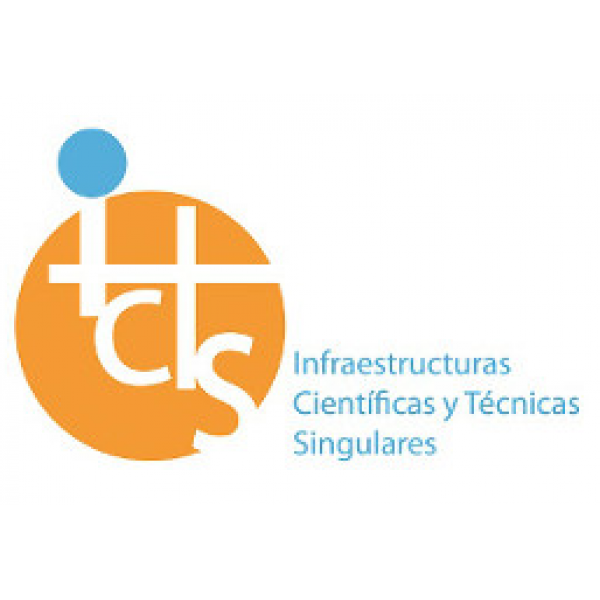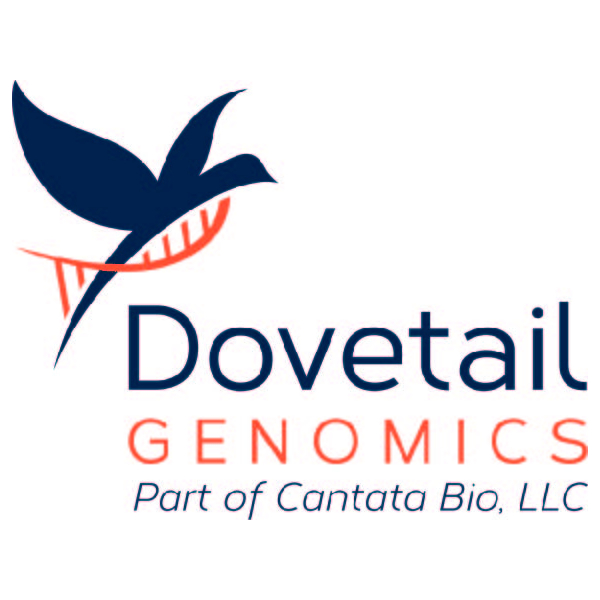CNAG – The Institute
The Centro Nacional de Análisis Genómico (CNAG) is one of the largest Genome Sequencing Centers in Europe.
The CNAG Consortium aims to carry out large-scale projects in DNA/RNA analysis for the improvement of quality of life in collaboration with the Spanish, European and International Research Community. CNAG researchers participate in major International Genome Initiatives such as the Human Cell Atlas (HCA), the International Cancer Genome Consortium (ICGC), the International Human Epigenome Consortium (IHEC), the International Rare Diseases Research Consortium (IRDiRC), the European Reference Genome Atlas (ERGA) and the European Infrastructure for life-science information (ELIXIR), as well as in several EU-funded projects.
CNAG operates 4 Illumina instruments (3 NovaSeq6000 and 1 MiSeq) and 2 large Oxford Nanopore Technologies sequencers (1 PromethION 24 and 1 GridION Mk1) that produce more than 7 Tbases of sequencing data per day. The sequencing operation is supported by an extensive informatics infrastructure: 15 petabyte of data storage, 10.000 computing cores and an internal 56 Gb/s network. The operation is certified ISO 9001 and accredited ISO 17025 and serves to deliver standardized, high-quality data for research and clinics. CNAG has highly developed single-cell operations equipped with a 10x Chromium X, 10x Chromium Connect, MissionBio Tapestri for individual cell analyses and with a CosMx Spatial Molecule Imaging (Nanostring), Xenium and Visium (10x Genomics) and Stereo-seq (BGI ) for Spatial Tissue Profiling.
CNAG – The Single Cell Genomics Group
The Single Cell Genomics Team at the CNAG-CRG is dedicated to advance genome research of single cells. The mission of the group is the implementation of latest single-cell and spatial sequencing technologies and their application in a research and translational contexts. The group focuses on the systematic integration of transcriptional and epigenetic data from individual cells to elucidate causalities underlying phenotype formation in health and disease. We successfully established protocols to quantify gene expression and open chromatin of hundred-thousands of isolated single cells (10x Chromium X, 10x Chromium Connect, MissioBio Tapetri, etc) or in tissues (Nanostring CosMx, 10x Xenium, BGI Stereo-seq, 10x Visium). Our newly developed computational pipelines include methods to deconvolute tissue composition and to track transcriptional dynamics. Our international team joins computational, technical and biological knowledge in order to promote creative thinking while establishing best practices in single-cell and spatial research. The group combines collaborative research, development activities and follows research lines on the generation of human cell atlases and immuno-oncology. We are members of the Human Cell Atlas Project.
Whom would we like to hire?
-
You have completed a PhD in Bioinformatics, Mathematics, Statistics or similar.
-
You are competent in Python or R.
-
You have excellent knowledge of Computational Biology.
-
Experience in single-cell and/or spatial analysis.
The Role
We are hiring a Computational Biologist to lead projects in immuno-oncology and inflammatory diseases. We aim to delineate mechanisms of immune cell infiltration and plasticity in tumors and inflamed tissues to provide an accurate patient prognosis and a precise prediction of therapy success. We are looking for enthusiastic computational scientists, motivated to improve our understanding of immune cell function in tumors/tissues. Together, we aim to bring single-cell and spatial genomics applications into clinical use and to advance pathology assessment with high-dimensional genomics readouts (next-generation pathology). The candidate will be integrated in the Single Cell Genomics group, a highly collaborative, international work environment with well-experienced colleagues in single-cell and spatial data generation and analysis. The projects the candidates will be involved in aim to understand the molecular and cellular basis of immunomodulating drug action through the application of multi-omics single-cell and spatial technologies on clinical samples. Your tasks include the analysis of multi-modal single-cell and spatial data and the development of statistical methods to integrate multi-omics, spatial and clinical patient information. We are looking for highly motivated and a creative thinking individual who is interested in working in an environment where the technical sophistication of single-cell and spatial technologies meets innovative approaches for interpreting data and generating new knowledge. We require the ability for working in a multi-disciplinary team on collaborative projects.
Main responsibilities
1. Analyze multi-modal single-cell and spatial genomic data to identify mechanisms of immune cell infiltration and plasticity in tumors and inflamed tissues.
2. Develop and apply statistical methods to integrate multi-omics, spatial, and clinical patient data.
3. Innovate and refine computational techniques for single-cell and spatial data analysis.
4. Create tools and pipelines to enhance the integration of diverse data types, including genomic, transcriptomic, proteomic, and clinical datasets.
5. Work closely with a multi-disciplinary team, including biologists, clinicians, and other computational scientists, to design and execute research projects.
6. Contribute to research projects aimed at understanding the molecular and cellular basis of immunomodulating drug actions.
7. Provide guidance and mentorship to junior team members and other researchers in computational biology techniques and best practices.
8. Collaborate with clinical teams to bring single-cell and spatial genomics applications into clinical use.
The Offer
-
Contract duration: 3 years
-
Estimated annual gross salary: Salary is commensurate with qualifications and consistent with our pay scales.
-
Target start date: immediately
We provide a highly stimulating environment with state-of-the-art infrastructures and technologies, and unique professional career development opportunities.
We offer and promote a diverse and inclusive environment and welcomes applicants regardless of age, disability, gender, nationality, race, religion or sexual orientation.
We are committed to reconcile work and family life for our employees and are offering the opportunity to benefit from annual leave and flexible working hours.
Application Procedure
All applications must include:
-
A complete CV including contact details
-
Contact details of two referees
-
All applications must be addressed to Dr. Holger Heyn – holger.heyn@cnag.eu / mireya.fernandez@cnag.eu
Deadline: Please submit your application by 15/03/2025
Interview: Shortlisted candidates will be invited for interview at CNAG by the end of March.











